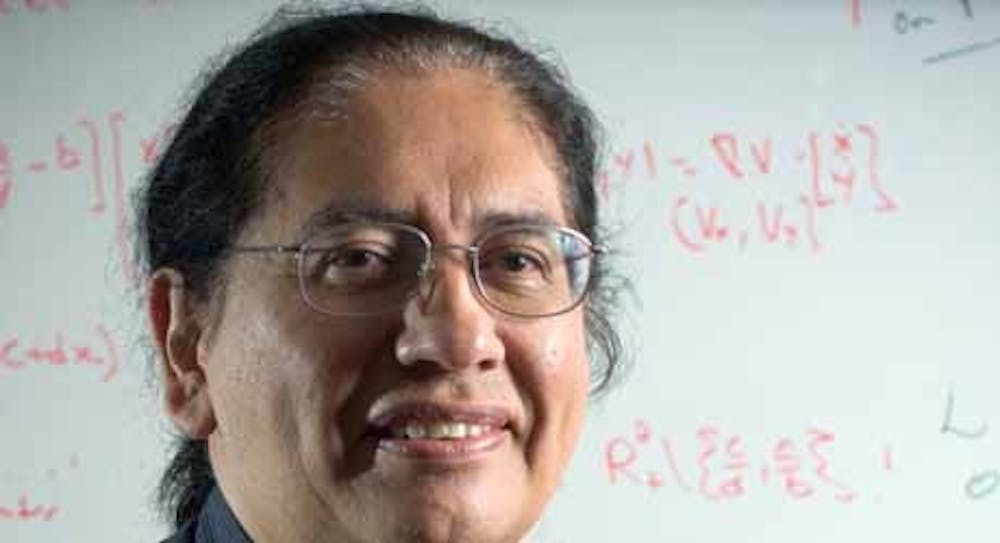President Barack Obama appointed an ASU professor to a prestigious national science committee last month.
The White House announced on Sept. 17 that math and science research professor Carlos Castillo-Chavez will serve on the President’s Committee on the National Medal of Science.
The committee is responsible for awarding the National Medal of Science, the highest U.S. honor a scientist can receive.
Castillo-Chavez will collaborate with the committee in several meetings in the upcoming months in Washington, D.C. The dates and times of the meetings have not been set.
Because of a White House mandate, Castillo-Chavez was unable to comment on the appointment until now.
“I am honored to be able to represent ASU on this committee,” Castillo-Chavez said.
Castillo-Chavez is the first of more than 150 committee members to hail from Arizona, said Mayra Montrose, the manager of the National Medal of Science.
“The new members reflect a great diversity of U.S. science,” Montrose said. “Dr. Castillo-Chavez was selected because he is the cream of the crop of science in the nation.”
Castillo-Chavez will collaborate with the committee through telephone and e-mail to narrow down the list of candidates for the award and then meet once in Washington, D.C., to determine the winners, Montrose said.
“I am confident that these impressive men and women will make valued additions to this administration,” Obama said in a press release. “I look forward to working with them in the months and years ahead.”
The first medals were issued in 1959 and since then have been awarded to 441 scientists across the nation. Over the past several years, there have been eight to 10 recipients of the award each year.
Castillo-Chavez will serve alongside three other new appointees and together they will form the 12-person committee. Each term lasts three years, and each member can be reappointed once.
According to the National Medal of Science’s website, the award is given to those who are “deserving of special recognition by reason of their outstanding contributions to knowledge in the physical, biological, mathematical or engineering sciences.”
Castillo-Chavez said he saw his selection as both an incredible opportunity and responsibility.
“It’s a tremendous honor for ASU,” said Sid Bacon, dean of the College of Liberal Arts and Sciences at ASU. “Professor Castillo-Chavez has made quite a name for himself and ASU, both nationally and internationally.”
Castillo-Chavez is not new to the awards scene. In 1992, he won the Presidential Faculty Fellowship Award, and in 1997 he was given a Presidential Award for Excellence in Science, Mathematics and Engineering Mentorship.
“Those were great awards, but the National Medal of Science is in a category all its own,” Castillo-Chavez said.
Castillo-Chavez said he was shocked when he learned of his nomination in an e-mail from the White House.
“I didn’t believe it,” he said. “I had to call to make sure it wasn’t a joke.”
It was not a joke. He will join his fellow committee members in the upcoming months and confer on who will receive the prestigious medals this year.
He added that he had no insight into who nominated him. White House officials would not comment on the appointment.
The nomination would have had to be submitted by at least three of his peers, Montrose said.
“The committee members are presidentially selected from a variety of sources,” Montrose said.
In spite of this great personal recognition from his peers, Castillo-Chavez also stressed what this meant for ASU.
“This nomination is a recognition of the quality of ASU as an institution,” Castillo-Chavez said. He added that he is very excited to begin his term.
While he won’t work directly with the president, Castillo-Chavez said he has always wanted to meet him.
“Hopefully, I’ll get to shake his hand,” he said.
Reach the reporter at alex.ferri@asu.edu





